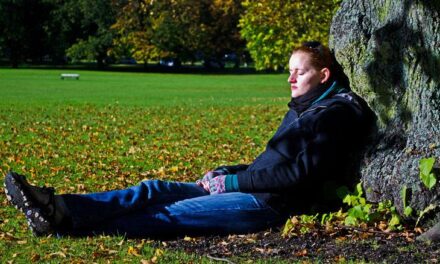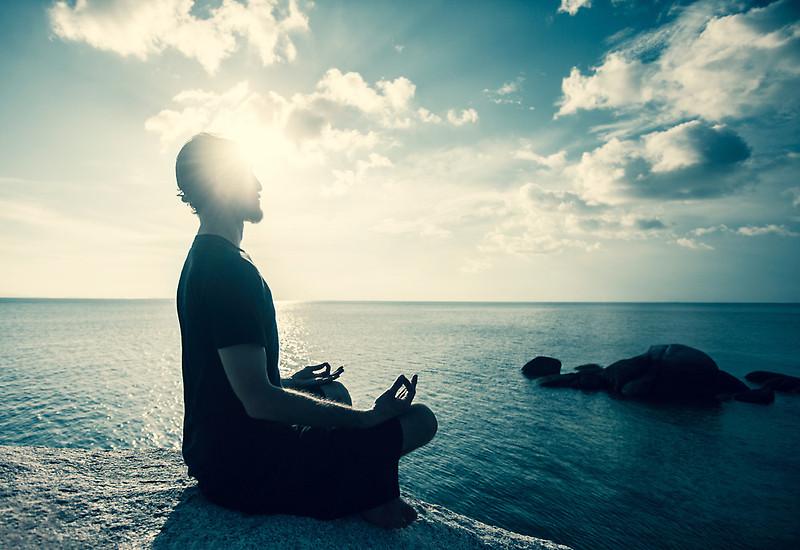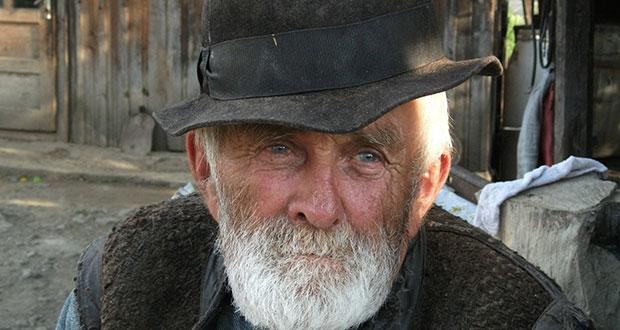We just welcomed another new year. And for New Year most of us receive presents from family and friends. We also buy new things such as cloths, furniture, mobile phones and other accessories to start the New Year afresh. This process is tempted and supported by the discounted sales that drop the price of almost all items to half or more. However, do we always get or buy things we really want or need? Honestly, no. So what happens to those things that we really don’t need? They go inside our closets and wardrobes and stay hidden from our attention for a long time. Eventually, our closets, cupboards, drawers, table tops are filled with unwanted things or things that we hardly use. When these unwanted things get piled up here are there in our home, our everyday work becomes difficult. For example, finding something we want takes more time; tiding up our home becomes impossible; things get lost easily; we run out of space for things we want. And this could easily make us angry and frustrated. This unwanted frustration is built up by the unwanted things we keep. Therefore, let us see what we can do reduce clattering and find comfort at home by keeping only what is essential.
I remember when we first saw a television in the 1980s. Since then, people have invented various electronic devices that help us in different ways. Some are built to support us with our mundane tasks like cleaning, cooking, washing, travelling etc. Some are built purely to provide entertainment while some give us access to the whole word at our figure tip. A basic mobile phone that was used only to make a call back in 90’s is now a device that does many things; watching movies, video-gaming, video-chatting, chatting, texting etc. Peoples’ needs also grew in an incredible pace with these modern electronics.
However, our desire to electronic devices has become larger than our needs: more than one computer, TV for each room and even in the kitchen, ipods, ipads etc. These devices distract us from important things in life. Family members are scattered. So how to put this right? Bring all those devices you have at home together – you’ll be amazed how much stuff you have- see which ones you really need and put away everything else. You might feel that you really need all, so take time and think. Sell all unwanted stuff or make a generous donation. This will make so much room in your drawers and cupboards as they are normally filled with chargers, batteries, boxes and extra things that come with these devices.
When a newer version of smart phone comes out to market, compare the new features it has and evaluate. If you do not use your phone to access internet or if you use an ipad you don’t really need a smart phone. Your friends will not mind what sort of phone you use as long as you keep in touch with them, your status will not improve with your phone if your self-confidence is low and people who like your fancy devices don’t really like you as a person. Therefore, instead of buying the latest mobile to keep up with the trend, build up your self-confidence and keep only what you use.
On the other hand, devices that help us with our mundane tasks have become essential. With smaller houses due to urban living and with changing lifestyles we need them to do our daily work. But if we gulp the bait of the marketer and go for newer brands and newer devices that come out like mushrooms, we are in great trouble. We are always good at justifying what we want, but the wise thing to do is evaluating its need. If it is a kitchen device, think rationally how much time will it really save, how much energy will it use, can I afford it, where to keep it and finally, ‘can’t I really do without it?’ If you are replacing a cooker, blender, refrigerator or a washing machine, make sure the older device is given away or sold. That way, either you are making someone happy or making some money of it while clearing extra stuff from home.
Magazines, newspapers, books and mail contribute a lot to the mess at home. Try sharing magazines and newspapers with neighbors or friends instead of buying. If you buy, then recycle them once read. If you need to collect magazines, then put them neatly in a cupboard. Letters, bills, bank statements will not frustrate you if they are filed and kept properly. Now it is difficult to file as and when we get an electricity bill or a bank statement, but if you make it a point to file them weekly it will not be a tedious task. This way you will only keep what you want and also you will know where they are when you want. Novels, once read can be given to someone or if you are a collector keep them in a proper place so that they won’t fill your bed side-cupboard, window seal, dressing table or kitchen table.
When cloths, shoes, bags, accessories clutter, they mess not only our home but also our head. Therefore, don’t keep cloths to wear when you lose weight. Don’t buy shoes that you are not comfortable wearing. Don’t match hand bags with your dresses. If you like fashion then buy the latest collection and give away the last year’s collection. That way you are at the top of the fashion world while making a generous contribution to someone in need. Don’t make cloths and accessories a burden and try to minimize the time you worry over these.
There is another side to this excessive use of things. The world today produces items in mass quantities aiming people around the world. As a result of this development, either the world’s natural resources are being declining rapidly or the (toxic) waste of these products and the used items pollute the environment drastically putting the safety of the world that we live in a great risk. For example, it is known that the world’s weather pattern has been changed considerably in the last few decades resulting earthquakes, flooding, extreme and sudden temperature changes, unexpectedly increasing temperatures and melting of polar ice caps, and even tsunamis. It is recently announced that because of lack of rain in some major parts of the United States of America at a record levels, they suffer from not being able to reach their targets of crops of foods like beans and wheat. These also effect on their economy and job securities of the people. Moreover, the whole world may also have to face the consequences since U.S. contribute a large percentage to world’s food.
Most of us always complain about making the ends meet. I bet there are many unnecessary spending that unbalance our budget. Following a high cost living pattern, to keep up with your neighbor, friend or enemy, doesn’t help us balance our budget at all. Even If we have a car or a motorcycle, we could use a public transportation for short distant rides, or if it is the more sensible and appropriate means of travel but not to show off. We could also carpool with another person to commute work. In this way, we are helping ourselves to control your spending and as well as helping the world to lessen the air pollution by reducing green-gas emissions.
I believe that most moderate life pattern in the whole world can be found among the Buddhist monks. They try their best to live with only the basic requirements to survive. These are the “chivera (cloths: robes), pindapatha (food to eat), senasana (a place to live), gilanaprattyaya (medicine for sickness).” All these four basics are used by them to the minimum amount so that they could live simply. They are not a burden to anyone or anything and are free to leave anything behind at any moment because of their simple life pattern. If we are also to use what is needed in a simple manner and up to what we actually need, we will become people who live without any burden to ourselves, our parents, relatives, and finally to the world. We would also be able to give what is extra to the people who are in need and thus adding a good deed, generosity, to our lives.
A simple life style with fewer things will liberate us from anxiety, stress, and misery that could be brought forth by having more than what we need and in maintaining them. Therefore, identifying wisely what we need and want and living within our means is a successful way in achieving a frugal life with comfort in heart and mind.
By Chinthaka Mahesh











Recent Comments